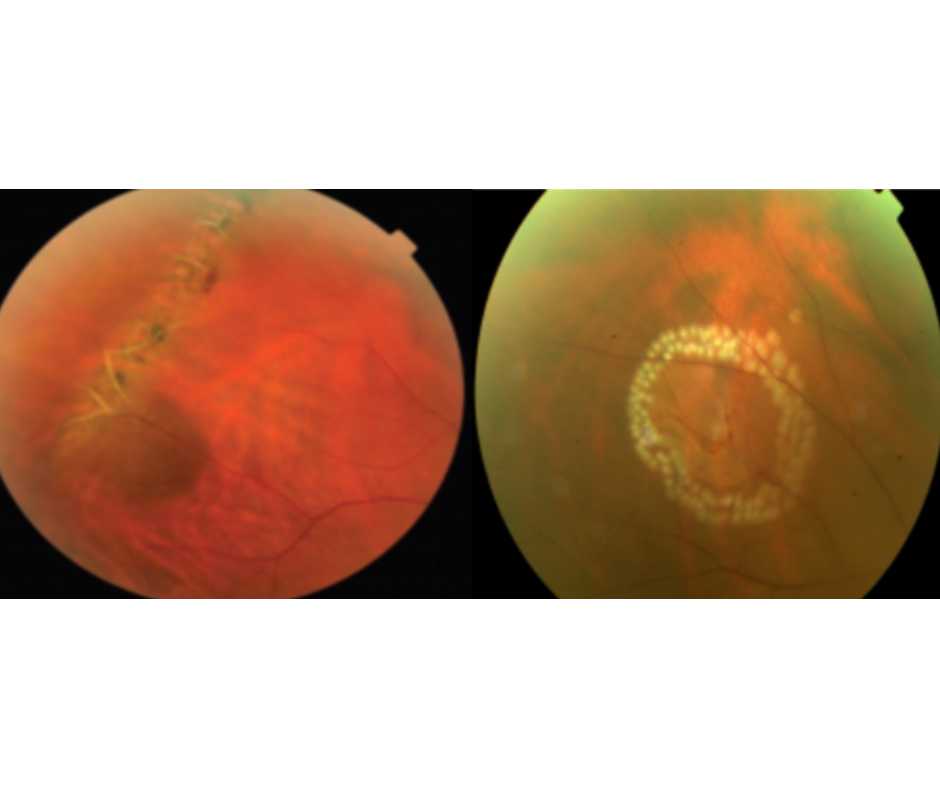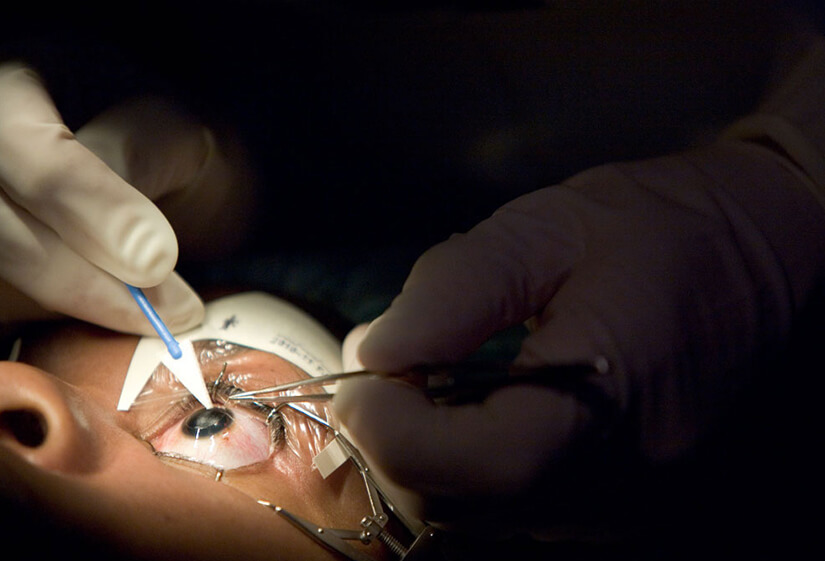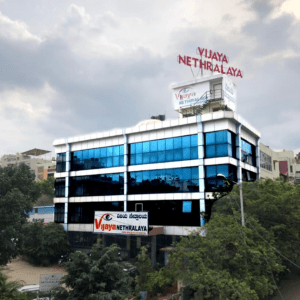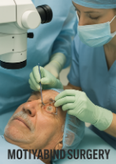Introduction:
Living with a Macular Hole ,a macular hole refers to a small break or tear in the macula, which is the central part of the retina responsible for sharp and detailed vision. This condition often occurs due to age-related changes or trauma to the eye. Personally, experiencing a macular hole has given me firsthand knowledge of the physical and emotional toll it can take.
Understanding Macular Holes:
To comprehend the impact of living with a macular hole, it is crucial to understand the underlying factors and the process involved. The eye is a complex organ, and any disruption in its structure can affect vision. Macular holes can be caused by various factors, including age-related changes, vitreous traction, or eye injuries. Symptoms of a macular hole typically include blurred or distorted vision, central scotoma, and difficulty with fine details. Diagnosis is usually made through a comprehensive eye examination, including optical coherence tomography (OCT).
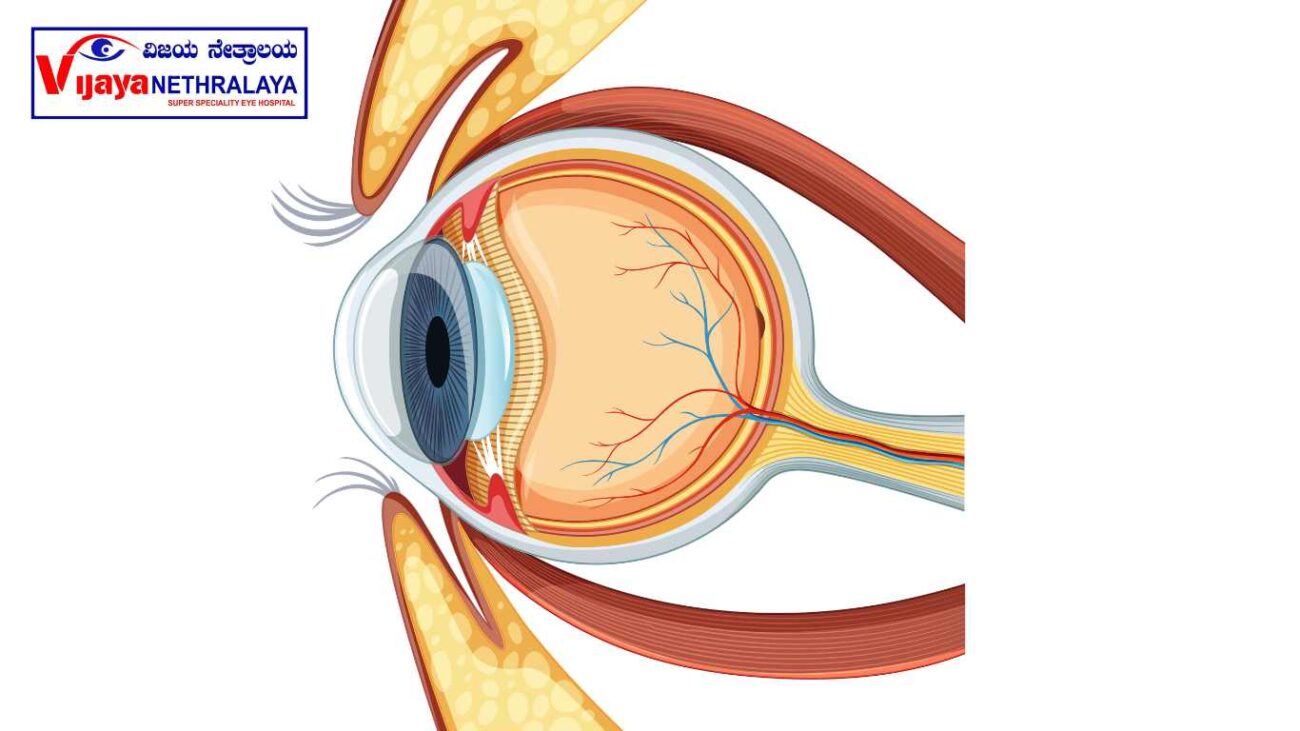
Treatment Options:
When diagnosed with a macular hole, the treatment options can vary depending on the severity and stage of the condition. In some cases, the ophthalmologist may recommend a period of observation and monitoring, especially for small or asymptomatic holes. However, vitrectomy surgery is often the preferred course of action for larger or progressing holes. This surgical procedure involves removing the vitreous gel and replacing it with a gas bubble to promote the closure of the hole.
Living with a Macular Hole:
Living with a macular hole can bring forth a range of emotions and challenges. The sudden loss of central vision can impact daily activities and disrupt one’s independence. It is common to experience feelings of frustration, anxiety, and even depression. Adjusting to this new reality requires a strong support system, both from loved ones and healthcare professionals.
Coping Strategies:
While a macular hole may present significant challenges, there are various coping strategies that can help individuals adapt and regain control of their lives. Assistive devices and technology play a crucial role in maximizing remaining vision and facilitating independence. Low vision aids, such as magnifiers and specialized lighting, can assist with reading and other visual tasks. Additionally, rehabilitation programs and training can teach individuals alternative techniques for daily activities and help improve their quality of life.
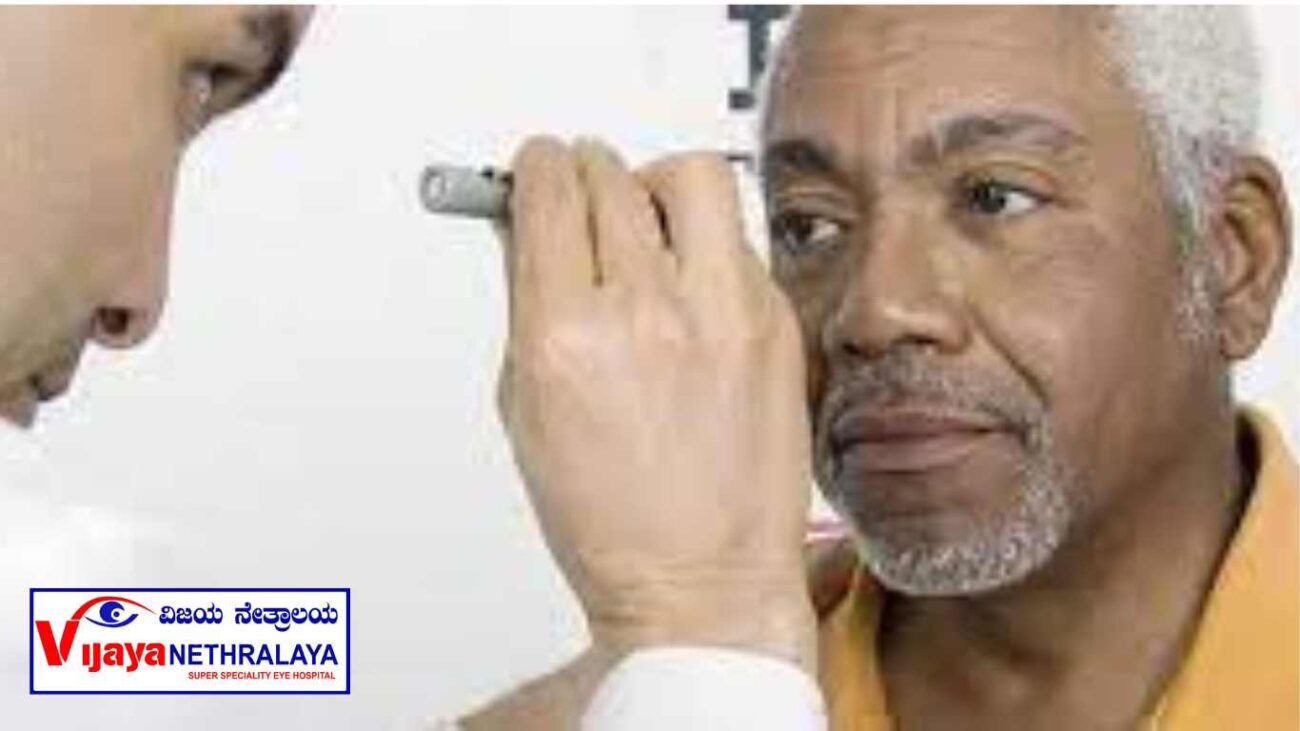
Adaptive Techniques for Daily Activities:
Living with a macular hole requires adapting daily routines and finding alternative ways to accomplish tasks. Here are some adaptive techniques that can help individuals maintain their independence:
- Use task-specific lighting: Good lighting is crucial for individuals with a macular hole. Position task lighting, such as desk lamps or adjustable lighting fixtures, to illuminate work areas effectively. Use bright, focused lighting to enhance visibility.
- Contrast enhancement: Increase contrast in your environment to make objects and text more distinguishable. For example, use dark-colored plates and utensils on a light-colored tablecloth to make meals easier to see. Similarly, use high-contrast pens or markers for writing and labeling.
- Enlarge and simplify text: Adjust the text size on electronic devices, such as smartphones and tablets, to make reading more manageable. Increase font sizes and use bold or high-contrast text settings. Consider using devices with larger screens or utilizing accessibility features that offer text-to-speech capabilities.
- Organize and label: Keep items organized and labeled to easily locate and identify them. Use tactile markers or adhesive labels with large, high-contrast print to differentiate between objects. Arrange frequently used items in a consistent and accessible manner.
Living with a Macular Hole to Enhance Remaining Vision:
While a macular hole causes central vision loss, individuals can still make the most of their remaining vision by adopting the following strategies:
- Optimize lighting conditions: Ensure that lighting is appropriate for different tasks. Natural light is often the best, but it should be controlled to avoid glare or excessive brightness. Use blinds or curtains to modulate sunlight and consider using anti-glare coatings on eyeglasses.
- Magnification devices: Utilize magnification devices, such as handheld magnifiers, stand magnifiers, or electronic magnifiers, to enlarge text and objects. Experiment with different magnification strengths to find the most comfortable option.
- Assistive technology: Explore the wide range of assistive technology available for individuals with visual impairments. Screen readers, speech-to-text software, and Braille displays can enhance accessibility and facilitate communication.
- Visual aids: Consider using visual aids, such as bold line paper, large-print calendars, and high-contrast playing cards, to assist with reading, writing, and leisure activities. These aids can enhance visibility and make tasks more manageable.
Living with a Macular Hole by Seeking Professional Guidance:
Living with a macular hole can be overwhelming, but seeking professional guidance can provide invaluable support and resources. Consider the following options:
- Low vision specialists: Consult with low vision specialists who can evaluate your specific visual needs and recommend appropriate assistive devices, training, and rehabilitation programs. These specialists have expertise in maximizing remaining vision and improving quality of life.
- Vision rehabilitation services: Access vision rehabilitation services, which offer comprehensive programs tailored to individuals with visual impairments. These programs encompass orientation and mobility training, adaptive techniques for daily living, and emotional support.
- Occupational therapists: Work with occupational therapists who specialize in low vision. They can provide customized strategies for managing daily activities, recommend adaptive devices, and teach techniques to enhance independence and productivity.
Support and Resources:
Living with a macular hole can be challenging, but numerous support groups, resources, and technologies are available to assist individuals on their journey:
- Support groups and online communities: Join local support groups or online communities where individuals with macular holes share experiences, exchange information, and provide emotional support. These groups offer a sense of community and valuable insights from others facing similar challenges.
- Rehabilitation services: Seek out rehabilitation centers or organizations that offer specialized programs for individuals with visual impairments. These services can provide guidance, training, and resources to help navigate daily life with a macular hole.
Authors details:
Dr. Sushruth Appajigowda is a well-known Cornea, Cataract, Glaucoma, and LASIK Surgeon in Bangalore, and the chief Cataract and Refractive surgeon at Vijaya Nethralaya Eye Hospital, Nagarbhavi Bangalore. Known as one of the best LASIK surgeons in the country, he has over 12+ years of experience with multiple platforms of LASIK like ZEISS, ALCON, SCHWIND, AMO, and Bausch and Lomb. He has conducted over 5000 LASIK. Dr. Sushruth is a Certified Refractive Surgeon and Fellow of All India Collegium Of Ophthalmology. He is a recognised speaker in various National and International Forums. His expertise lies in choosing the right type of procedure for you based on your health requirement. You can schedule an appointment by scanning the QR Below or clicking the link below the QR and saying bye to glasses forever!
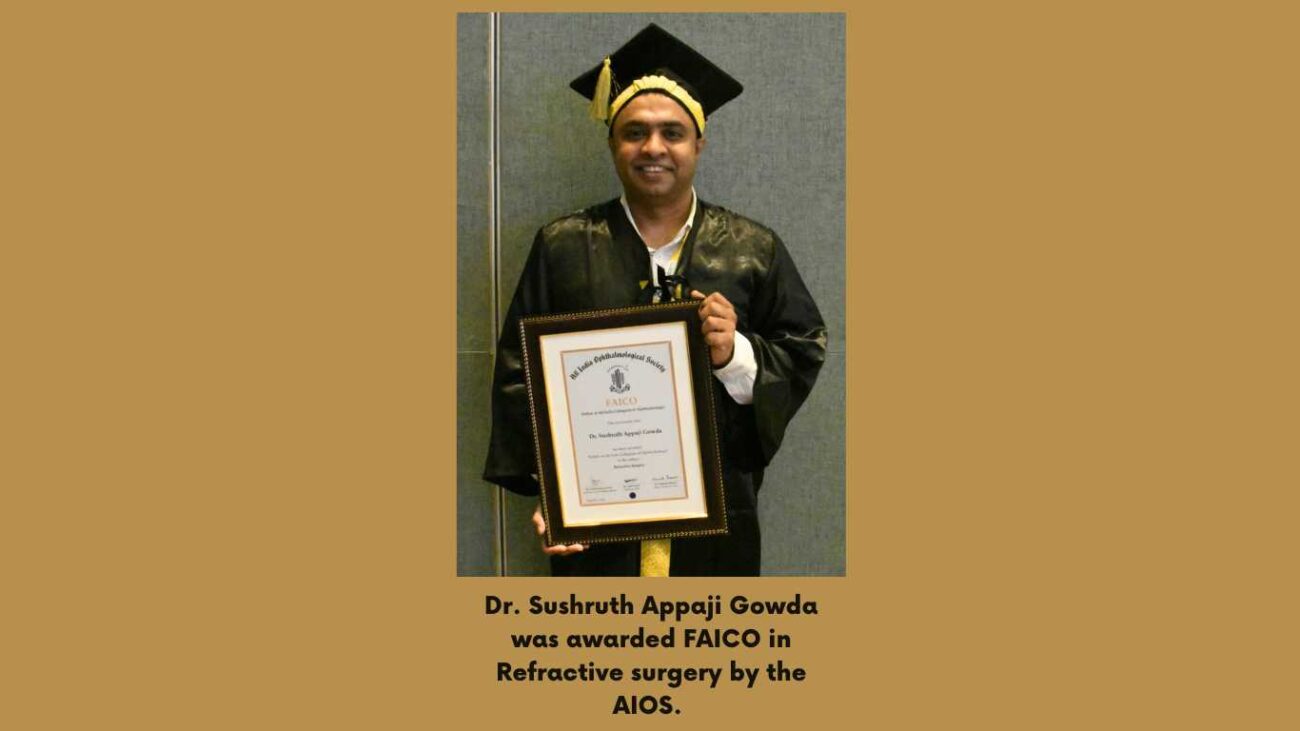
Book Your Appointment Now
Conclusion:
Living with a macular hole presents unique challenges, both physically and emotionally. However, with the right strategies and support, individuals can adapt and lead fulfilling lives. Adaptive techniques for daily activities, such as optimizing lighting, using contrast enhancement, and organizing belongings, can help maintain independence.



